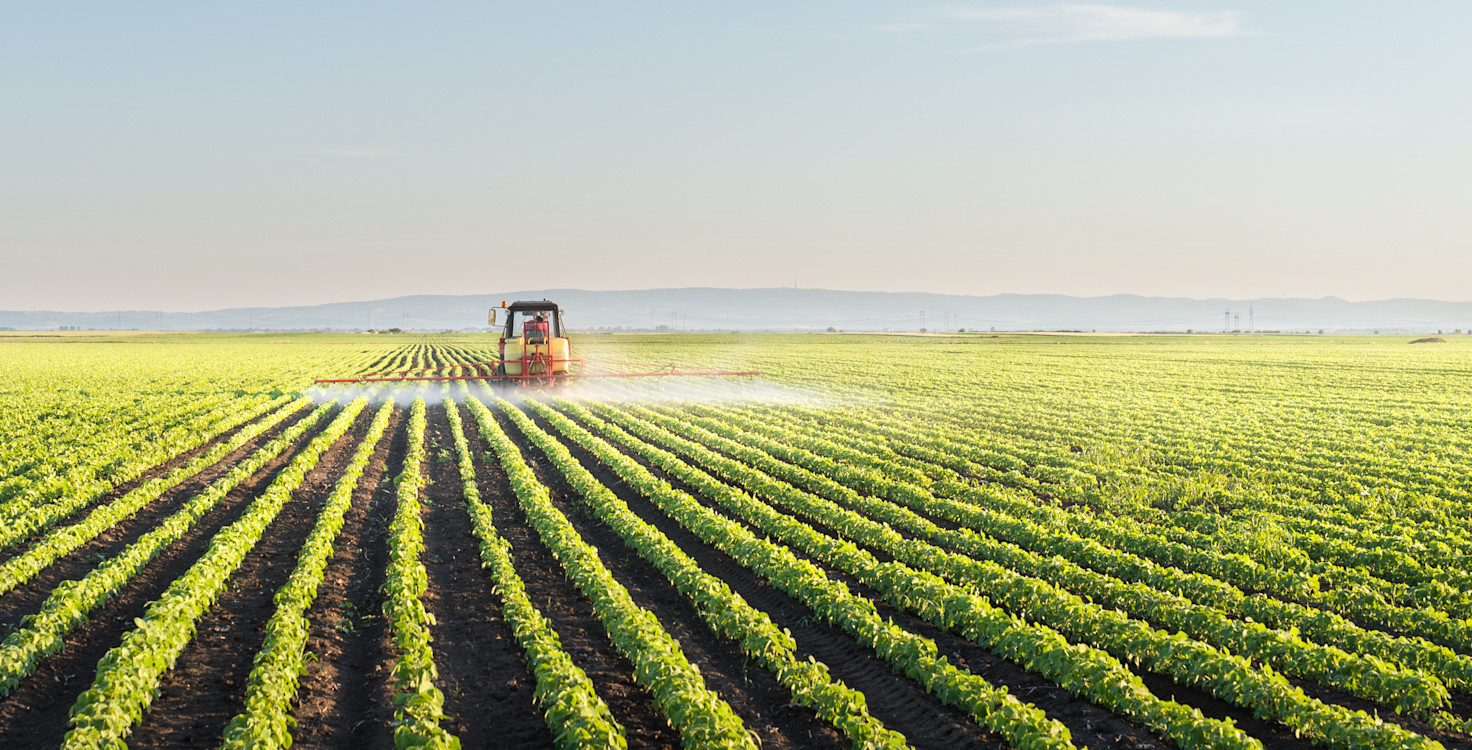Helena Wright, Policy Director at FAIRR, explains why agricultural subsidy reform has captured investors' attention - and outlines the specific changes we advocate for in our letter to G20 finance ministers.
To successfully address the crucial global challenges of climate change and biodiversity preservation, investor engagement with companies on these issues is key.
As well as the very real impact of a changing climate – recently demonstrated by the raging fires in Canada – biodiversity loss is also having a material impact on economic activity.
More than half of global economic output is dependent on ecosystem services, whether that is water supply, pollination, or clean air. Research by Boston Consulting Group found that damage to the world’s ecosystems has already led to an economic cost of around $5 trillion a year through the loss of natural services.
This makes it vital for policymakers, investors, and other stakeholders to take affirmative action to ensure industries reliant on the natural world can be put on a more sustainable footing.
That is why the FAIRR Initiative, a network of investors focused on ESG risks in the global food sector, is calling for global reforms to agricultural subsidies to help the sector transform itself and prepare for a lower carbon, nature-positive future. Read our letter to G20 finance ministers.
The Need for Reform
Agriculture is a key sector where the challenges of climate change and biodiversity intersect. We cannot hope to achieve the decarbonisation goals of the 2015 Paris Agreement without substantial changes to the food industry, as it is one of the most carbon-intensive sectors of the global economy. The industry is also the biggest driver of biodiversity loss globally.
Currently, it is estimated that around 90% of global agricultural subsidies are harmful to the environment in some way, as they support high-carbon activities such as intensively produced red meat and dairy products. In Europe, approximately a third of the European Union’s annual budget provides agricultural subsidies – a situation that the EU’s Court of Auditors has stated goes against the union’s environmental aims, as agricultural emissions have not reduced.
In short, in their current state, public subsidies are providing an incentive to damaging activities such as habitat destruction as more land is converted for monocrops and intensive animal farming. Intensive livestock production is already a large source of pollution as the industry generates 3.12 billion tonnes of waste as manure annually, exceeding all other major forms of waste. Nutrient pollution from the spreading of manure is a driver of biodiversity loss and can result in ecosystem degradation as seen by the dead zone in the Gulf of Mexico. Some of those subsidies should instead be used to support farmers in growing more diverse crops and implementing more sustainable farming practices.
The issue is also a circular one that impacts on food production. The effects of climate change are likely to have a significant negative impact on the land currently used for crops and livestock, according to the Intergovernmental Panel on Climate Change (IPCC).
Fortunately, action is being taken. At the UN Biodiversity Conference in Montreal last year, global leaders agreed to a target for repurposing at least $500 billion of subsidies a year. Target 18 of the international agreement states:
“Identify by 2025, and eliminate, phase out or reform incentives, including subsidies harmful for biodiversity, in a proportionate, just, fair, effective and equitable way, while substantially and progressively reducing them by at least $500 billion per year by 2030, starting with the most harmful incentives, and scale up positive incentives for the conservation and sustainable use of biodiversity.”
The Next Steps
This agreement is a hugely important step forward towards adapting the agricultural sector for a low-carbon, sustainable future. But for it to succeed, policymakers need to take strong action – and investors need to support it.
FAIRR’s letter to G20 finance ministers sets out several recommendations for reforms.
These include linking subsidies to sustainability metrics rather than purely yield-based incentives, and reduce the financial support given to the production of commodities with high carbon outputs.
In addition, FAIRR is calling for financial support for a “just transition”. This will ensure that the move to a more sustainable food production system does not leave people behind or destroy livelihoods.
A just transition for agricultural sector will require investment and retraining in more sustainable production systems – and repurposing subsidy budgets are well placed to deliver this.
There are good reasons for investors to get behind these reforms. Well-oriented and appropriate subsidies can be designed to reduce environmental, social and governance (ESG) risks for investors, and give a much-needed boost to companies innovating in green technologies for the agriculture sector. It will also be vital to ensure net zero goals are achieved, and many investors have already announced plans to align portfolio emissions with net zero.
As well as reducing the negative impact on the environment, there are societal benefits, too. Healthier foods such as legumes, fruits and vegetables could become cheaper, with knock-on positive effects on public health. FAIRR has previously written about the economic effects of a shift to healthier, plant-rich diets, such as a reduced strain on healthcare systems and improved productivity.
This is the first time a group of investors has released such a statement relating to G20 agricultural subsidies, confirming the commitment from investors to support reforms in this sector. Over the next few weeks we are expecting more asset owners and asset managers to come out in support of our letter, and if you would like to join them please sign the statement by 3 July, 2023.
FAIRR insights are written by FAIRR team members and occasionally co-authored with guest contributors. The authors write in their individual capacity and do not necessarily represent the FAIRR view.
Written by

Helena Wright PhD
Policy Director
Dr Helena Wright joined FAIRR in 2021 as the Policy Director. She leads on engagement with governments, investors, regulators and industry bodies, to co-develop policy solutions to tackle the challenges and opportunities associated with intensive animal agriculture.










